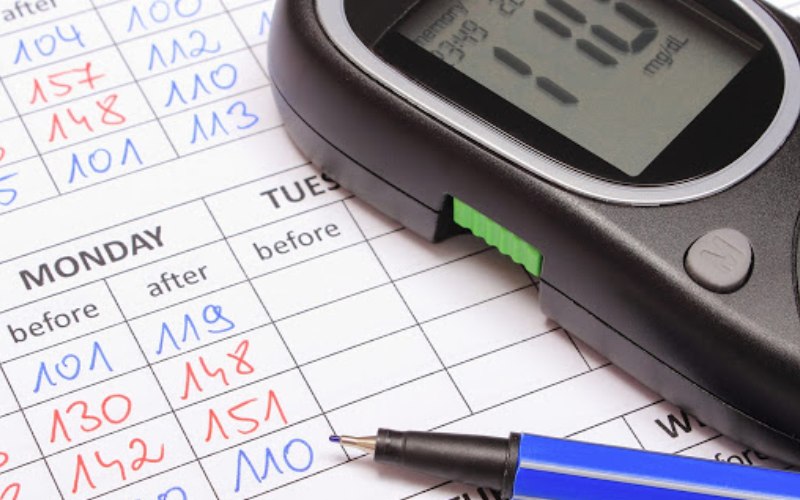According to the South African Rooibos Council:
New evidence of the anti-diabetic potential of Rooibos has emerged from a study conducted jointly at the Diabetes Discovery Platform from South Africa’s Medical Research Council (MRC) and the Agricultural Research Council’s (ARC) Infruitec-Nietvoorbij Institute.
Researchers found that an aspalathin-enriched extract of green Rooibos is able to lower raised glucose levels in the blood of diabetic rats. Aspalathin is a unique antioxidant found in nature only in the Rooibos plant (Aspalathus linearis). When combined with rutin, another key compound in Rooibos tea, the glucose-lowering action was further enhanced.
Working with diabetic rats, the researchers were able to show that the Rooibos extract could achieve a glucose lowering effect comparable to known diabetic drugs.
“Our work confirms the constituents present in Rooibos could prove beneficial in the fight against diabetes,” says Doctor Johan Louw of the MRC who led the study. “We believe that Rooibos can provide a basis to develop a standardised anti-diabetic product and in a country like South Africa, where a large section of the population relies on herbal medicines, such a product could be of huge value.”
Polyphenols in Rooibos Have Positive Health Effects
“We have also confirmed that the polyphenols in complex mixtures, such as Rooibos tea, work synergistically to achieve favourable health effects,” Louw explains. “This points to the value of drinking the ‘whole’ tea containing the required amount of these beneficial constituents, rather than a tablet containing just one of the compounds.
“Our Rooibos research to date focused mostly on the antioxidant activity of Rooibos, but this evidence of its ability to lower blood glucose levels opens up new and exciting possibilities for this unique South African herb” says Prof Lizette Joubert of the ARC who collaborated on this project.
Further Research Needed Into Active Compounds in Rooibos
“We now need to dig deeper to determine the optimal combination and ratio of the active compounds such as aspalathin and rutin in controlling blood glucose levels, and also to understand the exact mechanisms involved.” Follow-up studies indicated that other compounds are also important.
The study has been published online on 19 October 2012 in the Journal of Phytomedicine.
This Rooibos and diabetes study was funded jointly by the National Research Foundation of South Africa, the Medical Research Council and the Agricultural Research Council, with contributions to post-doctoral fellowships from the Department of Science and Technology. Prof Stephen Fey from the University of Southern Denmark also collaborated on the study.
Notes:
• The World Health Organization (WHO) estimates that 439 million people will have diabetes by 2030, with the major increase occurring in developing countries.
• World Diabetes Day is celebrated on 14 November to mark the birthday of Frederick Banting who, along with Charles Best, was instrumental in the discovery of insulin in 1922, a life-saving treatment for diabetes patients.

